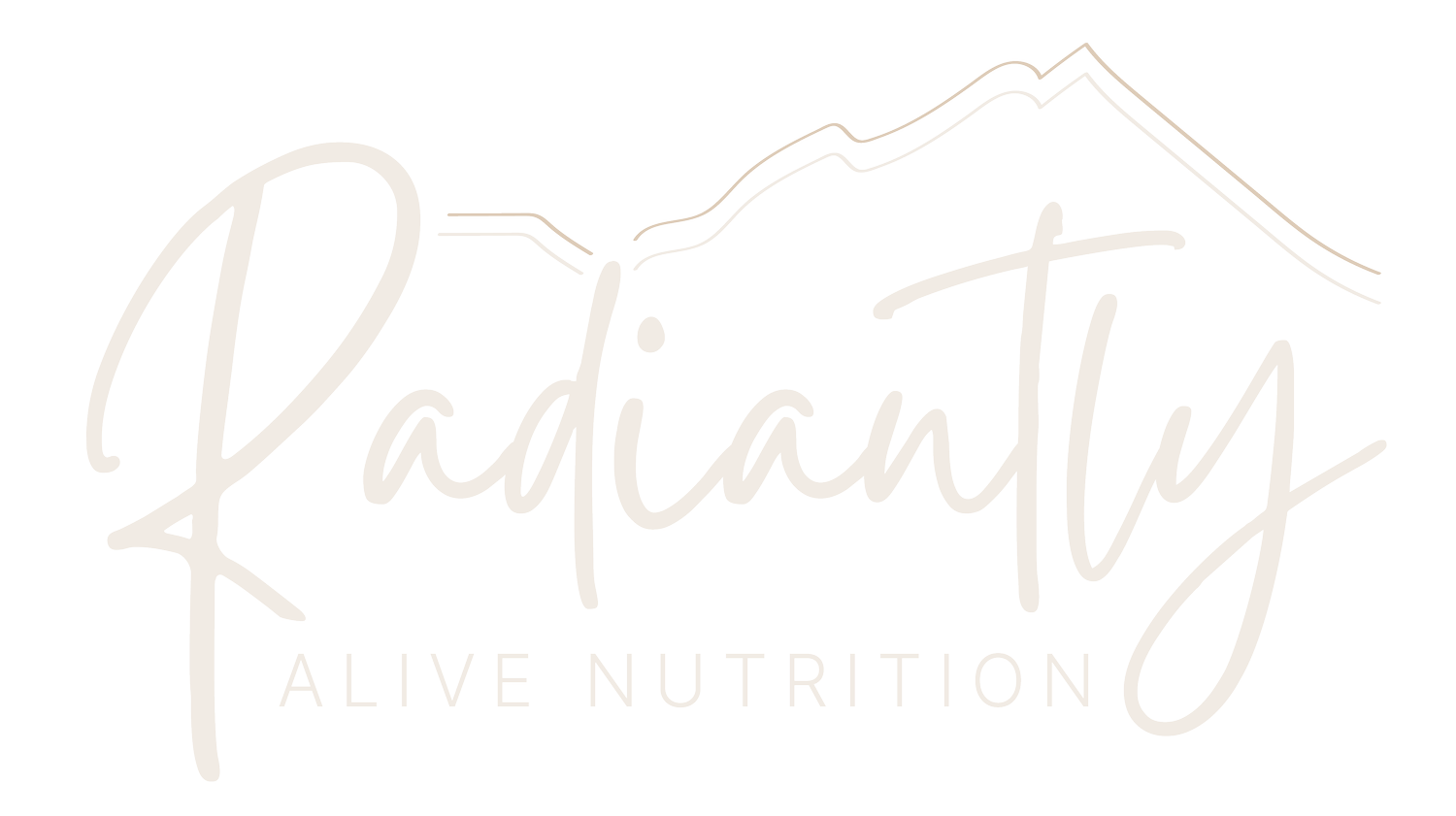Downsides of Hormonal Birth Control
In today's world, hormonal birth control AKA "the pill" has become a popular choice for women seeking effective contraception. While there is no argument about its convenience and reliability, like any medication, hormonal birth control methods can come with potential side effects that deserve careful consideration.
In this blog, we will explore the common side effects associated with hormonal birth control.
Common Uses of Hormonal Birth Control
Most of us women have taken hormonal birth control at some point in our lives. Apart from being prescribed as a contraceptive for preventing pregnancy, it is also typically prescribed as a way to control acne, to resolve fertility issues such as endometriosis, PCOS, ovarian cysts, and to improve PMS and irregular menstrual cycles.
So what are the downsides? A LOT! I’m sure there are women reading this who have not experienced negative side effects of birth control, but there are also a huge number of women who have, and it’s important for any woman to know how you can support yourself if you’re on it long term.
Downsides of Hormonal Birth Control
Birth control may provide symptom relief, but it doesn’t address the underlying imbalance that is fueling or contributing to the issue being dealt with.
🙅🏼♀️ What the pill is doing is introducing synthetic forms of estrogen and progesterone to the body, which then prevent the body’s natural, beneficial hormones from bonding to hormone receptor sites.
👉🏼 Introducing synthetic hormones into the body can actually WORSEN hormone imbalance by overloading it.
💊 Research shows that use of the pill is associated with depleted levels of essential nutrients like vitamins C, B2, B6, and folate. More recently, birth control use has also been shown to have an association with depleted levels of vitamin E, magnesium, selenium, and zinc.
Let's not forget about the link between birth control and poor gut health. Studies have suggested that hormonal birth control methods, particularly oral contraceptives containing estrogen and progestin, may have an influence on the composition of the gut microbiome. These medications can potentially lead to changes in the diversity and abundance of certain bacterial species within the gut.
Another thing to note is that most often when women discontinue hormonal birth control, their symptoms which they started taking the pill for in the first place will typically come back. It can take up to a year to heal, so be patient if you’re experiencing this right now as it can feel confusing and frustrating!
So while hormonal birth control is a very convenient and effective method for preventing pregnancy, these are some things to take note of. It’s important to supplement with these essential vitamins and minerals and eat a diet full of nutrient-rich foods if you continue to take birth control as many women are not aware of these negative side effects.
Contact me if you'd like to discuss other alternatives for contraception today!

